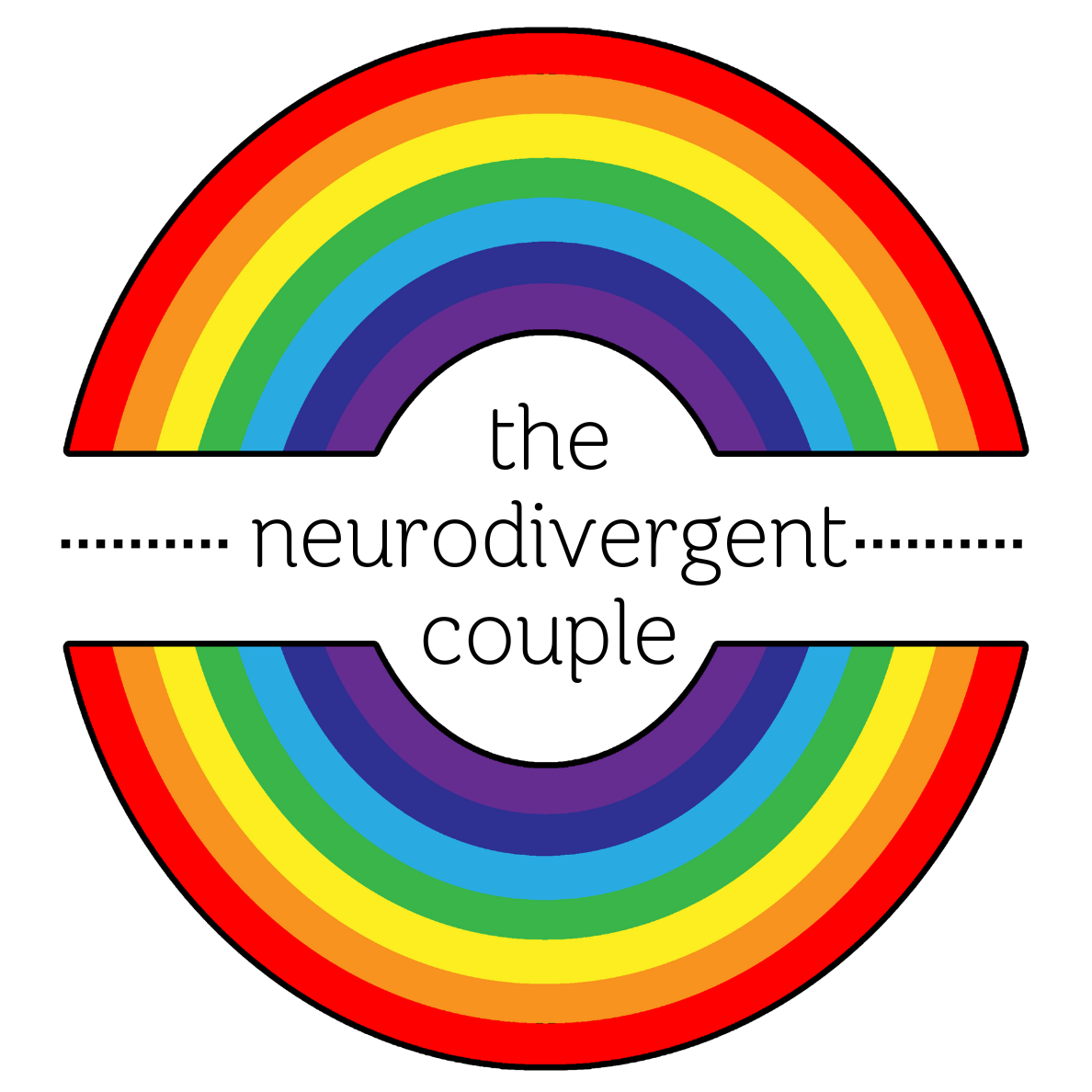
In a perfect world, the recipe for a successful relationship would be easy. Combine two people, knead gently, and let rise to perfection.
That never happens. I don’t care what Hollywood says. It. Does. Not. Happen.
Building and nurturing a healthy and fulfilling relationship is an art. But not in the same way as my sugar sculpture capstone in culinary school. It’s more like a delicate soufflé requiring time, effort, and understanding. And steady nerves and steady hands because someone may have just slipped some nitroglycerine among your ingredients.
Just like a chef follows a recipe to create a delicious (possibly self-destructive) dish, a successful relationship can be built by incorporating key ingredients and not skimping on effort. At absolute minimum, it requires communication, trust, mutual respect, engagement, and a common vision for the future. However, under these categories are more nuanced elements that rely on practice and experimentation.
The culinary tidbit that is most like getting a relationship recipe right but no one seems to understand
How do you alter a recipe that makes enough for one person into one that makes enough for two? Multiply the ingredients by two, right? Not necessarily. That is the most correct approach for many cooking recipes, like meatloaf or mashed potatoes, though.
Relationships are more like baking recipes. How? In baking recipes the ingredients all exist in a ratio. So if I had a recipe that made a confection for five people, and I wanted to make enough for two, just halving all of the ingredients would not necessarily work. I would need to find the ratio of each ingredient. Sticking with this analogy, our defining ingredient would be . . .
Communication
You can’t have a successful relationship without it. Full stop. Final answer. And of all the relationship ingredients, it can be the hardest to master. Good communication skills mean different things in different cultures. Not only are there assumptions about expressing one’s thoughts and feelings, but also about how to be a good listener.
Honest and open communication creates a safe space for both partners to share their emotions, needs, and desires. This requires comfort with allowing both yourself and your partner to feel vulnerable without fear of reprisal. Honesty is scary because it leads to rejection in so many cases.
We all know the feeling of looking sad or angry, and someone asking us what is wrong. “I didn’t get that new position I applied for,” you say. “Oh, well,” the other person replies. “You didn’t really want that anyway. It’s not really something you’re good at.”
Well-meant or not, rejection hurts
So, we learn to mask our authentic selves and build habits that deflect attention from painful areas. Yet, building a life with someone requires the exact opposite. Think of it this way – an engineer cannot build a foundation that will support a building if he is misled about the type of building or how tall it is.
It is paramount that you:
Encourage productive dialogue
Do not confuse volume with value! A few minutes of conversation where two people are open and honest will serve them better than an hour and half talking about the latest gossip. Unless that gossip should trigger further discussion regarding how they would like to shape their own relationships, maybe.
Give empathy over sympathy
Remember these guys? “That must be hard for you – I wouldn’t be able to handle it” vs “I know how hard this is – I want to support you and share your experience”. It is often a subtle difference between feeling sorry for someone but grateful that you aren’t in the same situation versus feeling someone else’s pain resonate within you and wanting to go through it with them.
Respectfully resolve conflicts
There is an old bit of advice we will be discussing further in a few weeks, “Never go to bed angry.” Two points here: 1. Going to bed angry about a disagreement is rarely fatal. 2. It is arguably better to sleep off the adrenaline than try to win at all costs.
Keep checking-in
This is how BedTalks started. Our days were so hither, thither and yon that my husband and I rarely switched off and settled down before we went to bed. There were years, long, lean years when he wept, nay whimpered! “Please – please can we just go to sleep?!”
But, nay! Our mental health was worth the sweet agony of bloodshot eyes and sleep deprivation hysteria to pique the ecstatic release of slumber. Daily (or nightly) discussions about each other’s goals and expectations helps build a deeper understanding and connection to each of your roles as you move forward together.

Trust and Mutual Respect
There are some who put this above communication. Although trusting a person does make it easier to be open with them, you need to make the foray into conversation in order to foster it. If communication is the heart of a relationship, trust and its close cousin, mutual respect, are the lifeblood.
By consciously focusing on integrity and favoring honesty, a pattern of reliability emerges. It allows both of you to develop your own relationship mechanics that will allow your specific dynamic to thrive. Ideally, both partners believe they have each other’s best interests at heart. This can be difficult, though, when navigating competing priorities. You Wouldn’t Understand If I Told You swamp or the You Only Care About Yourself morass beckons.
When you commit, don’t quit
When you make a commitment, honor it. Don’t violate something said in confidentiality, no matter how tempted you are to get back at someone. It’s corny, but avoid anything you would consider a betrayal of your own trust. Partners (me, especially) can have looooong memories. We can and do remember when you accuse us of your own violations.
But weaponizing them happens less when we have not been made to feel attacked, ourselves. Mutual respect involves valuing each other’s opinions, values, and boundaries as an individual. Tempting as it is to lose the sense of “I” when becoming a “we”, both of you still need to fully functional as individuals for the times when to health of your unit will fall solely on one of your shoulders.
Staying engaged
You need quality time and at least some shared interests in order to start building a relationship. Without maintaining them, though, long term sustainability is rare. Sort of like diving into a beach read that has a great cover and saucy synopsis. But if the author clearly skimped on character development and just rehashes the same plot points over and over . . . that is a book for the donation bin.
You need to carve out dedicated time to spend together like you lives depend on it. Yes, in a way they do, but it’s more about establishing and maintaining boundaries that give your relationship supreme importance. Especially in your own minds. There will be people who want you to compromise on the importance you place on your partner (“Oh, they wouldn’t mind that I’m here alone with you!” Believe me, Francine, I mind.).
You don’t need to sacrifice “I” for “we”
Establishing time for each other away from distractions builds a stronger emotional connection. Engaging in activities or hobbies that both of you enjoy deepens it (especially creative ones), but so does having new or novel experiences together. At the end of the day, however, you do want to make sure you are taking time for yourself as well. Losing your sense of self in the shadow of a relationship is a common reason many eventually fail. Compromising on your values, abdication your right to hold differing opinions, and feeling coerced to deny yourself “for the good of the relationship” is a recipe for resentment.
A common vision
You may notice I said “vision” and not “goals”, and it was not a semantic choice. Goals are wonderful and inspiring things. Used appropriately they can be invaluable anchors keeping us on course. The problem is that the best goals, meaning the most effective, are by their nature very specific. Buckle up, baby, here it comes . . .

SMART goals
Look, I’m not going to enjoy this area any more than most of you. But it’s for a good reason that I include it. Career coaches and guidance counselors love this acronym. I’ve heard at least 15 presentations on it since 8th grade. SMART goals are:
- Specific – specialized and focused.
- Measurable – able to be evaluated is some empirical fashion.
- Achievable / Attainable – something you can actually complete.
- Realistic / Relevant – having meaning or importance to you that is grounded in reality.
- Timely / Time-bound – basically meaning that the goal has a deadline.
Goals are important for the majority of challenges you will face in life. If you move in with your partner to a new neighborhood and keep getting lost on the way to work, setting a goal of finding a convenient, easy to recall route makes sense. Unfortunately, life, especial as part of a relationship (and definitely a larger family unit), is full of more variables than can be accounted for in most situations.
Where a common vision comes in
When my husband and I first realized we were heading in the “’til death” direction, we discussed how big of a family we wanted. I came from a small family, but wanted three children. I told him that pregnancy complications ran in my extended family and we decided to take whatever happened together, but try for three children.
If we stick with the analogy of finding a new route to work as a goal, vision is what allows us to observe paths, perceive hazards, and determine whether it is our environment or our goals that need to change. Goals allow us to determine our waypoints between home and the office. Vision allows us to notice if there are children playing in the street, wildlife darting into the road, or prolonged roadworks.
For a stronger connection
Forging shared values and a long-term vision strengthens the foundation of a relationship by providing guidance when things go off course. Particularly in relationships where one partner tends to be the decision-maker (like I was), the second party feels lost or even resentful when situations where the established roles are reversed. Would your partner know what they needed to do, or what you would want them to do if tragedy up-ended your lives?
Be sure to discuss important topics such as family, career growth, financial priorities, and individual needs with candor and honesty above all. It may seem like “keeping the peace” or “going along” with your partner’s wants by sacrificing your own is a selfless act of love. In reality it breeds resentment as you routinely see your values pushed aside.
If a compromise is needed, be sure that you and your partner openly share your priorities, being sure to listen at least as much to each other. Be prepared that what you decide in theory may not work well in practice. Regularly revisiting and updating your goals in the light of your shared experiences ensures that your growth remains aligned to your mutual vision and remains successful.
Final thoughts
A healthy, fulfilling relationship requires careful attention to each ingredient and maintenance of a delicate balance. By incorporating effective communication, trust, respect, quality time, emotional support, shared values, and a long-term vision, you can foster a strong and lasting bond with your partner. Always remember that every relationship is unique, though, and there is no one, perfect balance to those ingredients. It is crucial to adapt and adjust the recipe according to the needs and dynamics of your specific relationship.
Ultimately, building a successful relationship is an ongoing process. Therefore, it requires continuous effort, adaptability, and dedication from both partners. Hopefully, these guidelines will enable you and your partner to prioritize your shared growth and achieve the life together that you envision.
Have an idea you’d like to see us address? Contact us!



